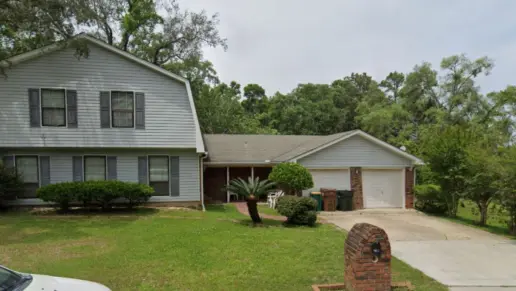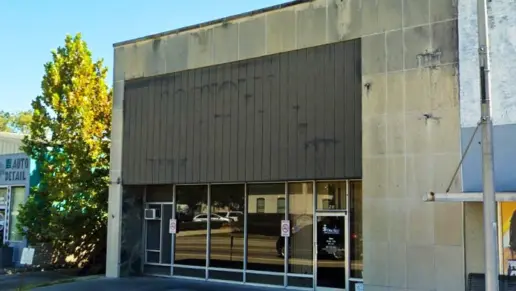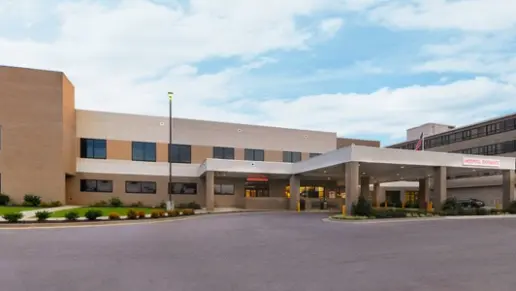The therapists are excellent! the people in this place are wonderful, I am very happy to have found this place to be able to recover. Thanks for all you do for the people.
About A Bridge To Recovery
A Bridge To Recovery is a rehab center accredited by The Joint Commission. It is situated in Jackson, MS, and provides adults with substance abuse treatment through various treatment modalities, including outpatient and aftercare programs. These rehab programs are run by licensed clinicians dedicated to helping individuals recover from drug and alcohol addiction.
Before outpatient treatment can commence at A Bridge To Recovery, individuals must undergo an assessment to better curate person centered treatment. This comprehensive assessment, known as the SASSI-4, helps this rehab center uncover how best to treat substance abuse and promote recovery. Once the evaluation is completed, the below treatment programs can be sought:
The intensive outpatient program (IOP) offered by A Bridge To Recovery provides gender specific recovery groups to help facilitate honesty and openness and promote overcoming drug and alcohol abuse.
This IOP is created for those 18 and older and is based on the 12 steps founded by Alcoholics Anonymous. In addition, those seeking recovery with this rehab center should note that it follows abstinence based principles and therefore does not provide medication assisted therapy (MAT).
At A Bridge To Recovery, numerous drug and alcohol aftercare groups are provided as part of the substance abuse aftercare program. This program is accommodating as it allows for different times for individual and group therapy weekly.
These groups are created to help people learn structure, accountability, and stability to remain on the path of sobriety. Usually, this program is undertaken by those who’ve completed this addiction treatment center’s IOP.
Rehab Score
Gallery
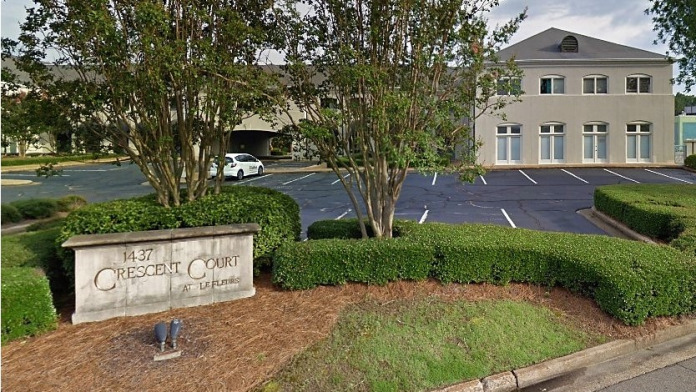
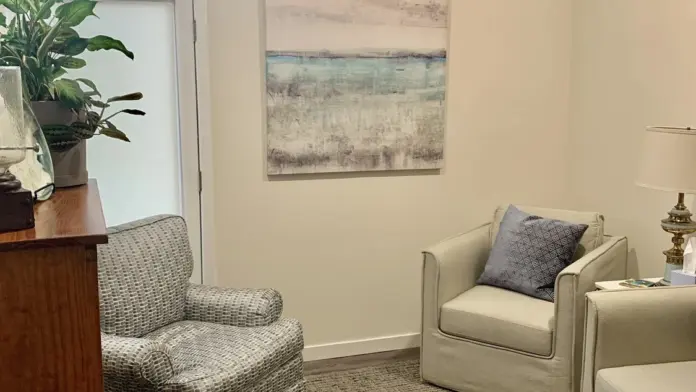
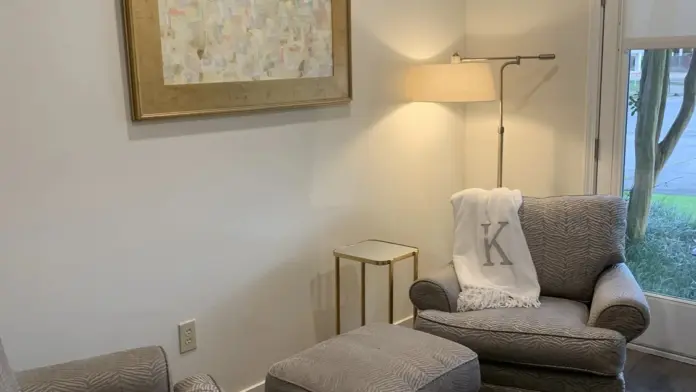
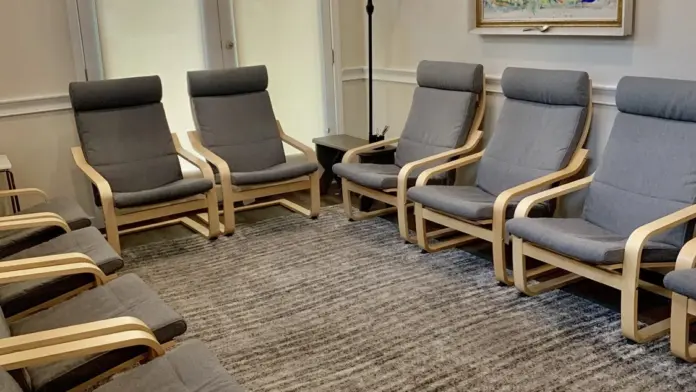
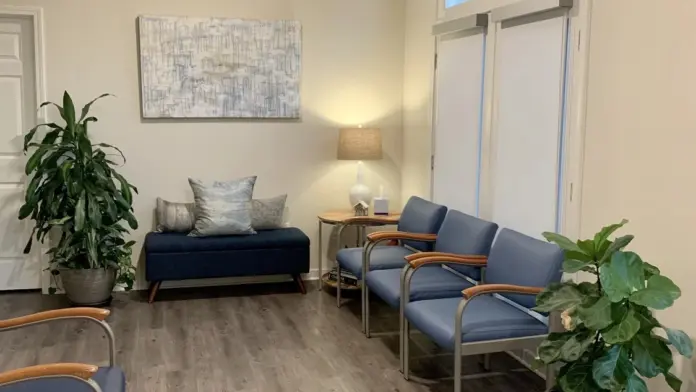
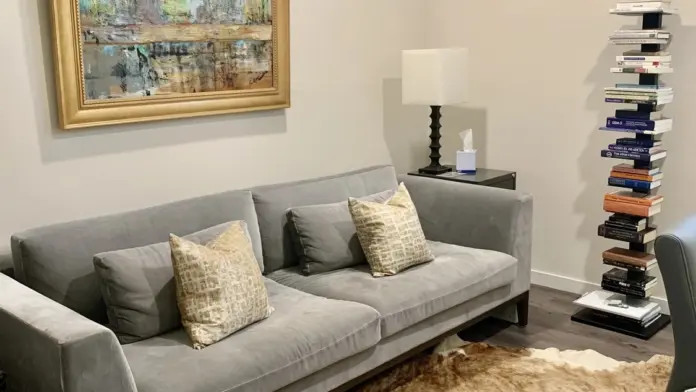
Location
Accepted Insurance
Other Forms of Payment
Private insurance refers to any kind of healthcare coverage that isn't from the state or federal government. This includes individual and family plans offered by an employer or purchased from the Insurance Marketplace. Every plan will have different requirements and out of pocket costs so be sure to get the full details before you start treatment.
Self-pay involves paying for treatment out of your own pocket. You can use savings or credit, get a personal loan, or receive help from family and friends to fund your treatment. If you don't have insurance or your insurance plan doesn't cover a specific program, self-pay can help ensure you still get the care you need.
Addiction Treatments
Levels of Care
Treatments
The goal of treatment for alcoholism is abstinence. Those with poor social support, poor motivation, or psychiatric disorders tend to relapse within a few years of treatment. For these people, success is measured by longer periods of abstinence, reduced use of alcohol, better health, and improved social functioning. Recovery and Maintenance are usually based on 12 step programs and AA meetings.
For those seeking help with addiction, a drug rehab in Mississippi offers the necessary care to achieve long-term recovery. Options include inpatient, residential, partial hospitalization, intensive outpatient, and long-term drug rehab in Mississippi.
Many of those suffering from addiction also suffer from mental or emotional illnesses like schizophrenia, bipolar disorder, depression, or anxiety disorders. Rehab and other substance abuse facilities treating those with a dual diagnosis or co-occurring disorder administer psychiatric treatment to address the person's mental health issue in addition to drug and alcohol rehabilitation.
A combined mental health and substance abuse rehab has the staff and resources available to handle individuals with both mental health and substance abuse issues. It can be challenging to determine where a specific symptom stems from (a mental health issue or an issue related to substance abuse), so mental health and substance abuse professionals are helpful in detangling symptoms and keeping treatment on track.
Opioid rehabs specialize in supporting those recovering from opioid addiction. They treat those suffering from addiction to illegal opioids like heroin, as well as prescription drugs like oxycodone. These centers typically combine both physical as well as mental and emotional support to help stop addiction. Physical support often includes medical detox and subsequent medical support (including medication), and mental support includes in-depth therapy to address the underlying causes of addiction.
Programs



Clinical Services
If you participate in cognitive behavioral therapy in Mississippi, you can expect to receive homework exercises that allow you to practice the skills you discuss during your sessions. You'll learn how to develop coping skills and change your thinking and behavior so you can break free from addiction.
Treatment that includes dialectical behavior therapy in Mississippi gives you specific tools for managing challenging situations. You'll learn how to identify and change unhealthy thought patterns. You'll also attend group training sessions where you can start applying the skills you're learning in treatment.
Group therapy is any therapeutic work that happens in a group (not one-on-one). There are a number of different group therapy modalities, including support groups, experiential therapy, psycho-education, and more. Group therapy involves treatment as well as processing interaction between group members.
In individual therapy, a patient meets one-on-one with a trained psychologist or counselor. Therapy is a pivotal part of effective substance abuse treatment, as it often covers root causes of addiction, including challenges faced by the patient in their social, family, and work/school life.
Counselors who apply motivational interviewing take on the roles of listening and reflecting. Their goal is to facilitate conversation about change and commitment to change. They offer support and seek to empower the client to make changes in their life.
Trauma therapy addresses traumatic incidents from a client's past that are likely affecting their present-day experience. Trauma is often one of the primary triggers and potential causes of addiction, and can stem from child sexual abuse, domestic violence, having a parent with a mental illness, losing one or both parents at a young age, teenage or adult sexual assault, or any number of other factors. The purpose of trauma therapy is to allow a patient to process trauma and move through and past it, with the help of trained and compassionate mental health professionals.
Creative arts therapy allows you to express the emotions you can't explain with words. You use an art form, such as dance, music, painting, or sculpting, to talk through and share your thoughts and feelings.
You can start using nicotine replacement therapy as soon as you quit using tobacco. These products, such as nicotine gum and nicotine patches, treat your physical dependence on nicotine. To address any psychological dependence, counseling and support groups can be good resources.
Staff & Accreditations
Staff
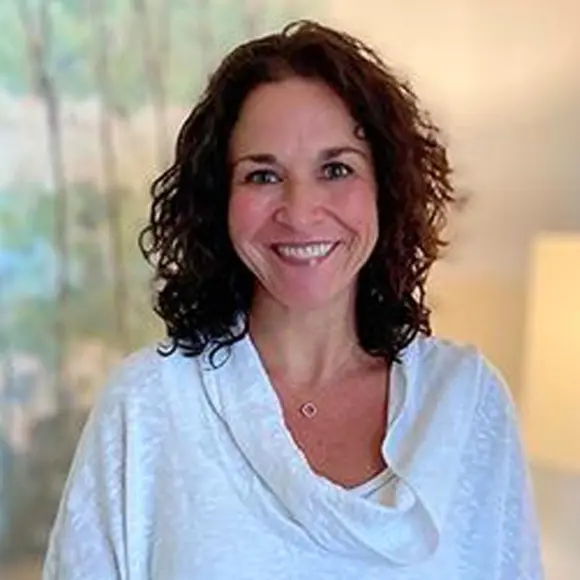
Founder, Owner & Clinical Director
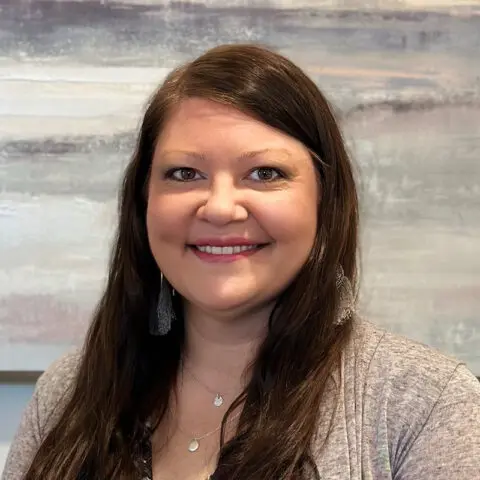
Office Manager
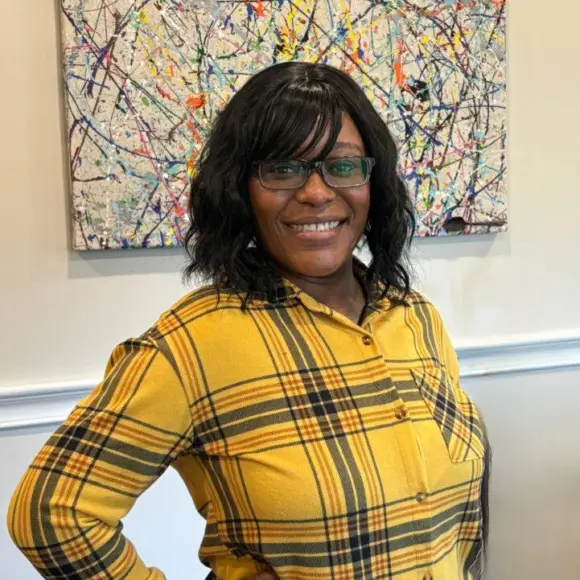
Office Assistant
Accreditations

LegitScript has reviewed A Bridge To Recovery as part of their certification program, and has determined that it meets the LegitScript standards for legality, safety and transparency.
LegitScript verified in

State Licenses are permits issued by government agencies that allow rehab organizations to conduct business legally within a certain geographical area. Typically, the kind of program a rehab facility offers, along with its physical location, determines which licenses are required to operate legally.
State License: Mississippi
License Number: ABTR-AGENCY
Contact Information
1437 Old Square Road
Suite 101
Jackson, MS 39211



